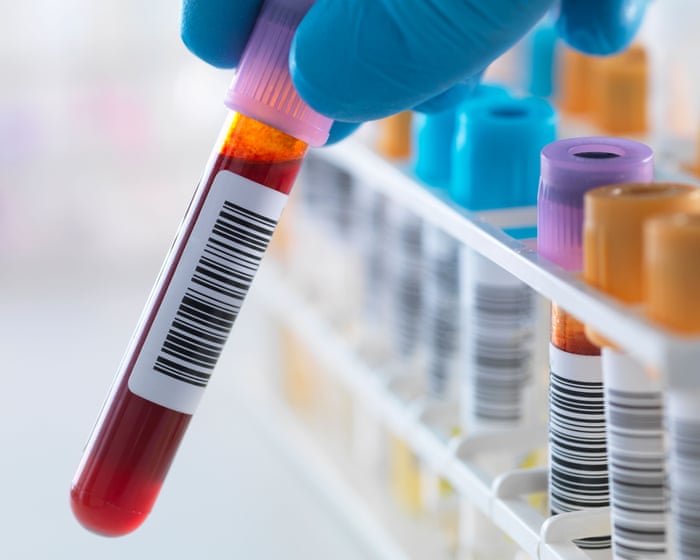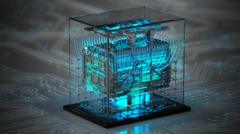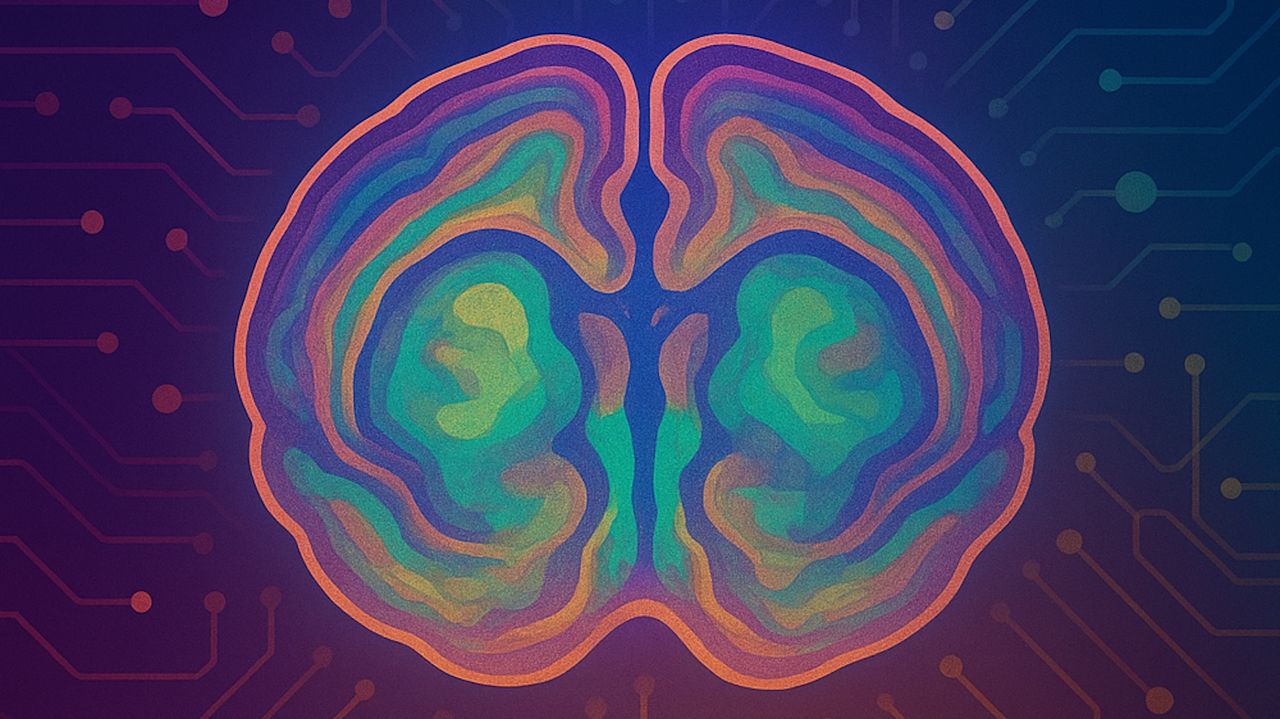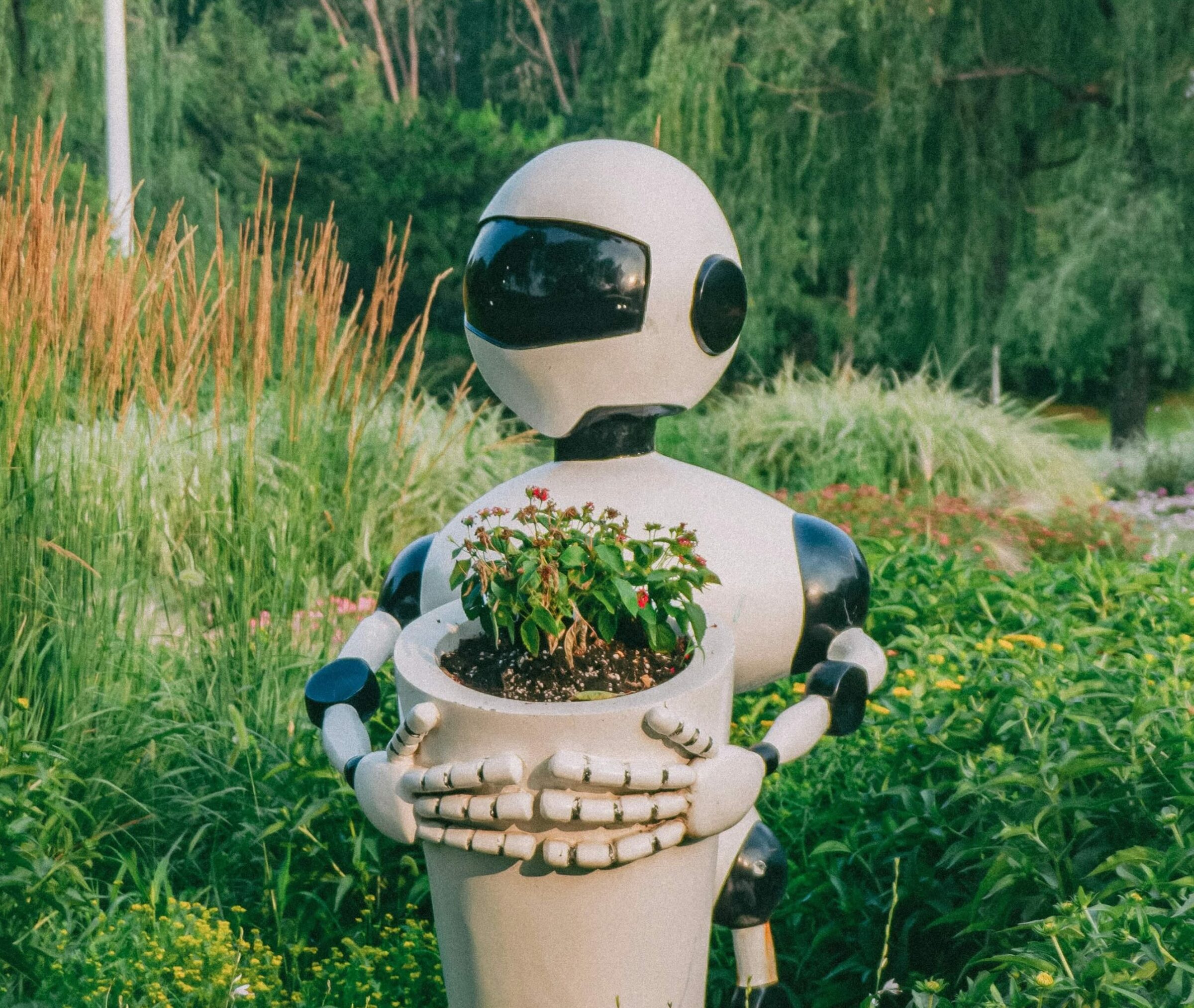Scientists invent 'Pulse-Fi' prototype — a Wi-Fi heart rate monitor that's cheaper to set up than the best wearable devices
PositiveScience
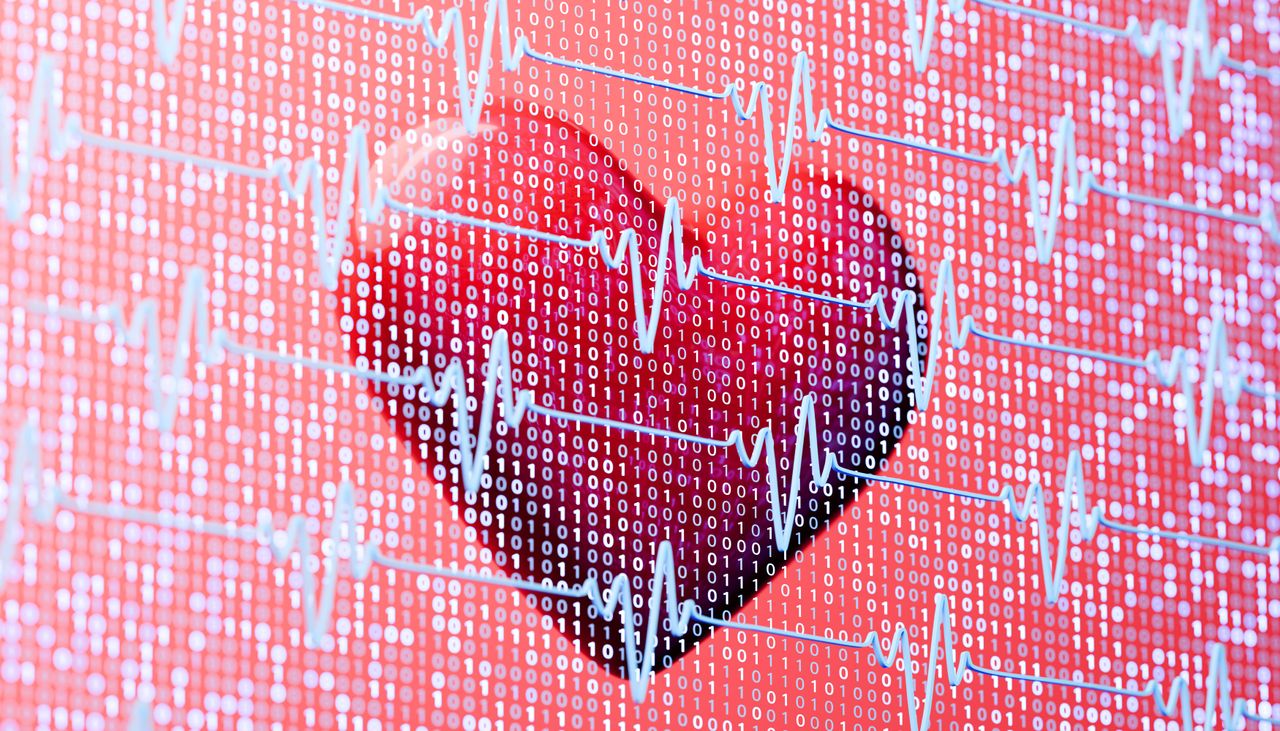
Scientists have developed an innovative prototype called 'Pulse-Fi' that uses Wi-Fi technology to monitor heart rates, offering a more affordable alternative to existing wearable devices. This breakthrough could revolutionize how we track our health, making heart rate monitoring accessible to more people. While it's still in the early stages and not ready for home use yet, the potential for widespread application is exciting and could lead to significant advancements in health technology.
— Curated by the World Pulse Now AI Editorial System


